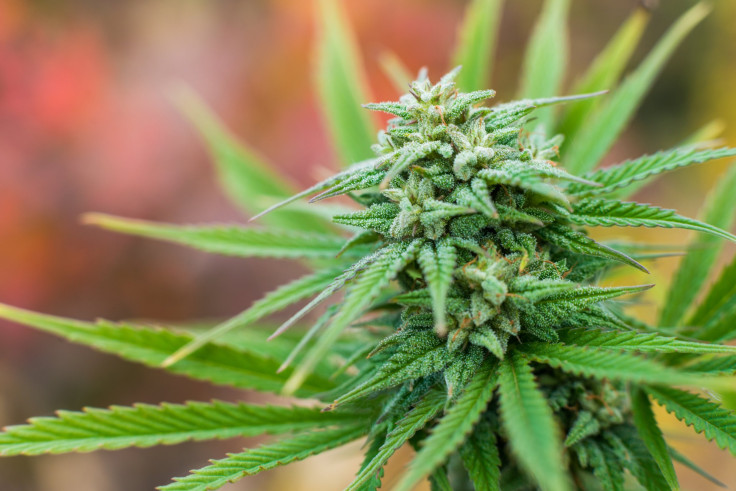Chronic Teen Marijuana Use May Not Cause Mental Health, Physical Problems After All

A comprehensive analysis of more than 400 men over a 20-year period casts new doubt on the idea of marijuana use, even when long-term, being associated with physical and mental health problems later on in life.
The authors of the study, published in Psychology of Addictive Behaviors, looked at data taken from the Pittsburgh Youth Study (PYS), a longitudinal study that attempted to track the development of antisocial and delinquent behavior among a selected group of first, third, and seventh grade boys attending public school in Pittsburgh from 1987 to 1988 (For the purposes of this current study, only data on the seventh grade boys, totaling 506 kids, was used).
Half of the original group was selected because they represented the top 30 percent of those with reported conduct issues, while the other half was randomly picked from the class roster. Slightly more than half of the group was identified as black and the other half as white.
For 10 years, PYS researchers conducted regular follow-up interviews with these boys, first semiannually in their teens, and then annually until they turned 25. When they became 35 in 2010, the researchers subjected them to one last interview, with about 82 percent of those still living showing up for the occasion.
Because of the meticulous record-keeping by the PYS, the current authors were able to reliably track not only how healthy these boys were as they matured, but also their frequency of marijuana use over time. They ultimately divided the subjects into one of four groups: Those who rarely or never used marijuana (46 percent); those who mostly used it in their teens (11 percent); those who took up the habit in adulthood (21 percent); and those who started early and become chronic — pun intended — pot users as they grew up (22 percent). They then compared the health status of these groups to one another, controlling for factors like tobacco use and socioeconomic status.
“[F]indings from this sample indicated that chronic marijuana users were not more likely than late increasing users, adolescence-limited users, or low/nonusers to experience several physical or mental health problems in their mid-30s,” they wrote. “In fact, there were no significant differences between marijuana trajectory groups in terms of adult health outcomes, even when models were run without controlling for potential confounds.”
As the researchers note, their results are somewhat surprising, flying in the face of previous studies that have found a small but real link between chronic marijuana use to the development of psychological issues like depression or schizophrenia, while reaffirming several other studies that found the opposite. In many ways, though, this study stands unique by being able to measure the health of its subjects as they grew up, rather than by looking back and asking people to remember when they first became sick or how much marijuana they once used when they were younger.
Research attempting to study the links between long-term marijuana use and actual health problems have largely been inconsistent, even if the reasoning behind a connection makes sense, such as with marijuana smoke being carcinogenic.
And even this latest study doesn’t come without its flaws. For one, only men were studied; only for 20 years, before the onset of conditions like cardiovascular disease; and only for certain diagnosable and self-reported health conditions. Maybe there isn’t a real association between depression and long-term marijuana use, but there could be one for less rigid symptoms like an increased sense of paranoia.
And the researchers theorize that maybe it’s a subset of people who are susceptible to the negative effects of long-term pot. “[I]t is increasingly being recognized that individual differences likely moderate the association between marijuana use and psychotic disorders,” they wrote. “For example, some studies have found that genetic liability affects whether, for whom, and the extent to which, marijuana has a negative influence on mental health.”
Similarly, other research suggests that marijuana doesn’t actually cause but rather accelerates the development of disorders like schizophrenia.
All of which is to say that this study, as the researchers themselves admit, isn’t the definitive answer to whether marijuana should become fully legalized, though it certainly is important.
“Indeed, marijuana policymakers and stakeholders need to consider the results of any single study in the context of the larger body of work on the potential adverse consequences of early onset chronic marijuana use,” they concluded.
Source: Bechtold J, Simpson T, White H, et al. Chronic Adolescent Marijuana Use as a Risk Factor for Physical and Mental Health Problems in Young Adult Men. Psychology of Addictive Behaviors. 2015.



























